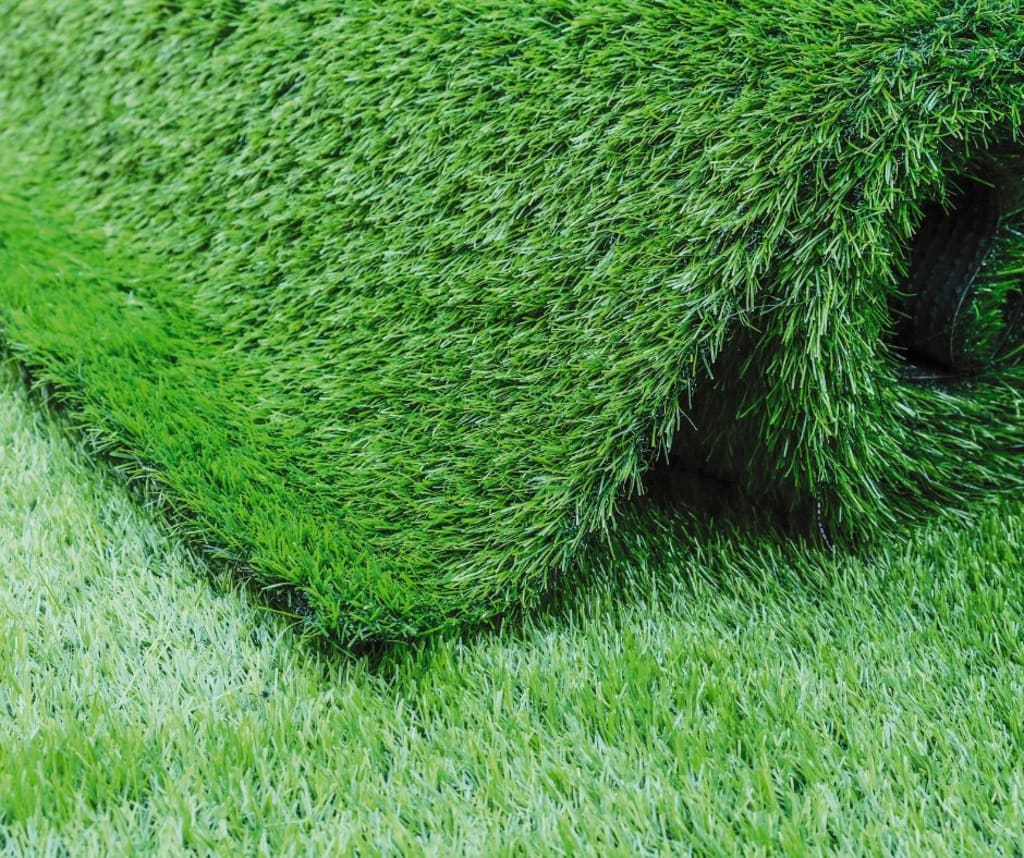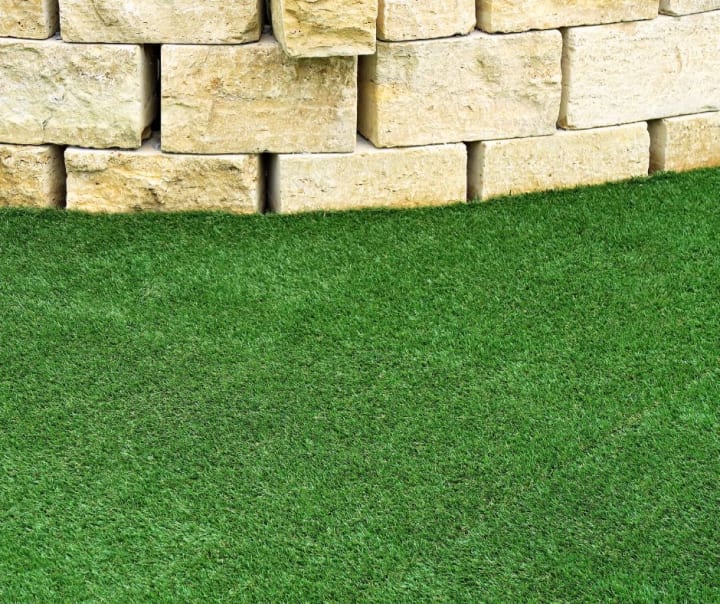How Artificial Grass is A Boon for Specially - Abled People?
Over 11 million individuals in the UK are disabled, over a million of them use wheelchairs, and many more have limited mobility or require walking aids. Since nearly half of them are retired, a large portion will belong to the gardening-loving demographic. So how can we create a garden that is open to everyone?

It is well-recognized that gardening has several advantages, including those for both physical and mental health. Additionally, growing older is not a cause to cease gardening. On the other hand, becoming a gardener has several advantages for the more experienced person. It's crucial to attempt to cut less on particularly taxing chores as we age since our mobility tends to decline. Senior gardening ideas should take this into account since it may become difficult to bend and stretch. Raised planters can make a difference because it might be difficult to bend down as you become older. Raised planters, window boxes, trellises, and hanging baskets take gardening to the next level by making it simple to care for flowers and veggies. Planting in this manner also benefits. The greatest component of a garden is frequently grass, which requires a lot of upkeep. A lawn may rapidly start to appear unsightly without routine weeding, planting, and watering. It may also become hazardous.
Different Purposes of Artificial Grass in Your Garden
Artificial turf can be used instead of a natural lawn as an alternative. This works well in place of the original because it requires no upkeep. There is no need for weeding, watering, or mowing. Additionally accessible to wheelchairs and walking aids, synthetic grass. In other words, it is both aesthetically pleasing and useful. Over 11 million individuals in the UK are disabled, over a million of them use wheelchairs, and many more have limited mobility or require walking aids. Since nearly half of them are retired, a large portion will belong to the gardening-loving demographic. So how can we create a garden that is open to everyone?

Natural grass, slate, gravel, and wood chips are affordable and aesthetically pleasing solutions for garden landscaping. However, none of them are very accommodating to the disabled, especially wheelchair users. What then is the solution? Artificial grass in Glasgow must be taken into consideration if you're seeking something that looks beautiful, requires little upkeep, is affordable, and is easily accessible. A level surface is advantageous for persons who use wheelchairs and walking frames. Natural grass tends to undulate, and because its long blades disguise lumps, bumps, and troughs, it may be highly dangerous. A natural lawn can become submerged by wheelchairs, particularly after rain when the ground turns muddy. The same is true with wood chips. Slate and gravel are very inappropriate for wheelchairs. The stones might harm the chair by getting entangled in the wheels.
However, an artificial lawn offers a surface that is continuously level. The ground is smoothed off in advance of installation to make sure it is completely flat. A small pile height option is also available; this is better for the wheels. The weather has little effect on fake turf. Because artificial grass drainage is excellent, there is no mud and it doesn't get slick or accumulate puddles. So that people with wheelchairs and walking aids may safely visit their gardens.
But the best feature of colored artificial grass is how nice it looks. Of course, you may use asphalt or concrete to landscape your yard. But where is the vegetation? Fake grass is the best compromise if you like how lush a yard looks. Keeping upkeep to a minimum is crucial for the handicapped gardener. To keep natural grass looking its best, it must be mowed, weeded, planted, nourished, and watered. However, artificial turf doesn't need this kind of maintenance. Artificial grass makes the perfect surface for garden furniture for people who want to relax in their yards.
Seats usually become buried in natural grass. Additionally, they could cast shadows on the grass, causing ugly yellow blotches. Your garden furniture may be put down safely and damage-free on artificial grass as long as it doesn't have any sharp edges.





Comments
There are no comments for this story
Be the first to respond and start the conversation.